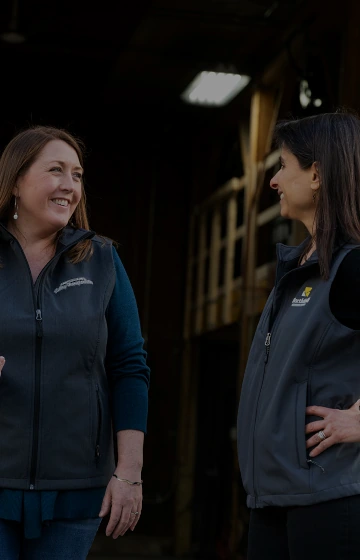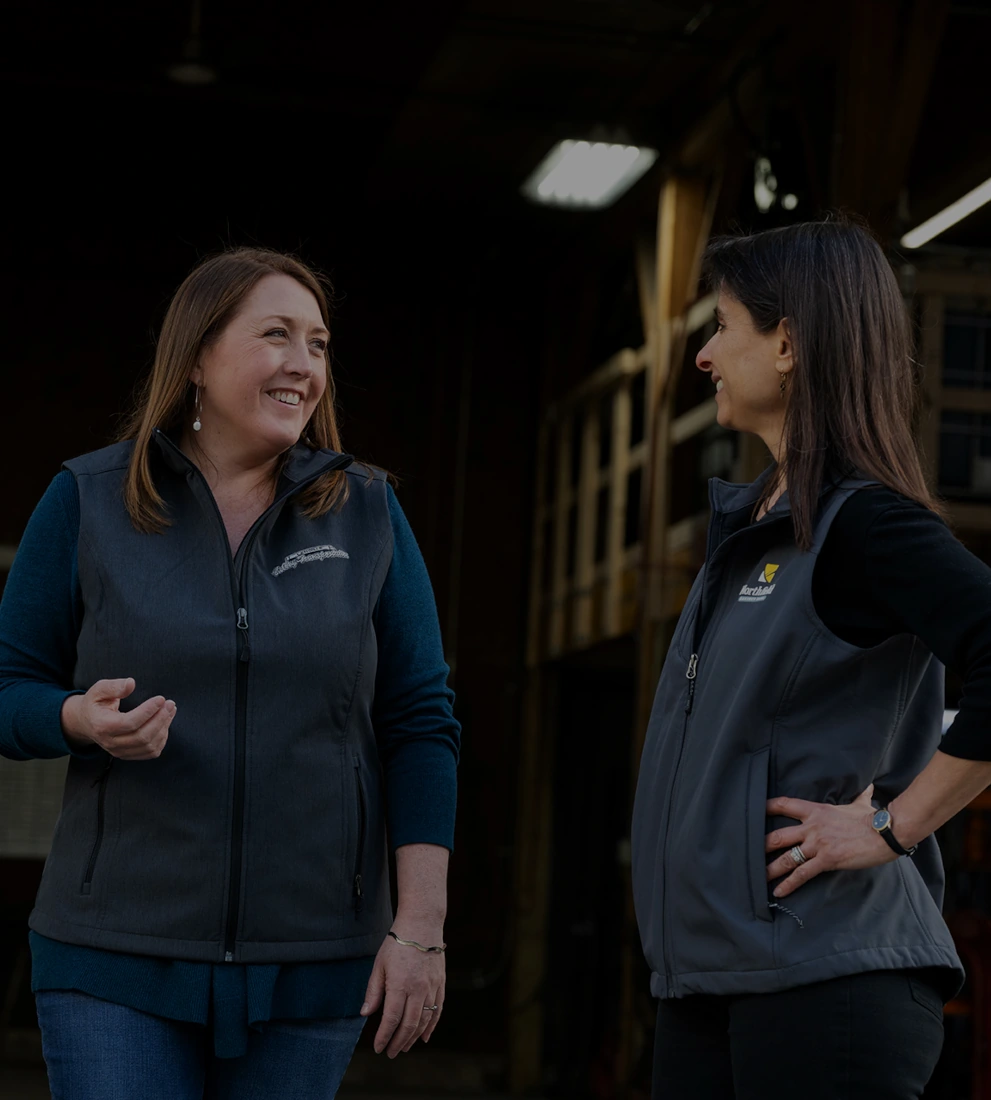To open a Northfield Savings Bank account, you must have a valid U.S. residence, a U.S. Social Security Number or a U.S. Tax Identification Number, and a U.S. Driver’s License, Passport, State Identification Number or Military ID (for military personnel, an APO is acceptable in lieu of a U.S. residence). Additionally, you must live, work, or own a second home in Vermont to qualify for an account.
You should notify us immediately if you notice transactions on your account that you don't recognize. Please call 800-672- 2274. If your call is after business hours, we will respond to you the next morning or business day.
If your card is lost or stolen, immediately contact Customer Support at 800-672-2274. If after hours, immediately contact the Lost and Stolen Card Service Center at 844-773-0985 to cancel your card.
Bounce protection is a discretionary overdraft service that provides you a safety net up to an automatically assigned overdraft limit. Your bounce protection limit may be available for checks, automatic bill payments, and recurring debit card payments.
At your request, we may authorize and pay ATM transfers or withdrawals and everyday debit card purchases using your limit; your overdraft limit will be available to authorize card transactions. To request this service please review the following documents, then call us at 800-NSB-CASH or stop by any branch.
Click here to download the opt-in form
If an overdraft is approved by using your bounce protection limit, you may be assessed our overdraft paid item fee of $30 for each item created by check, in-person withdrawals, ATM withdrawals, or other electronic means paid under the limit. All negative balances must be brought positive within 30 calendar days. Northfield Savings Bank reserves the right not to pay if the account is not kept in good standing.
With an HSA, you set aside money to pay for qualified medical expenses. All the money that goes into and comes out of the account is tax free*.
*Provided they are used for qualified medical expenses. Consult your tax advisor to determine if you qualify for an HSA.
To be eligible for an HSA, you must be covered by a qualified high-deductible healthcare plan.
You can pay for a wide range of IRS-qualified medical expenses with your HSA, including many that aren't typically covered by health insurance plans such as deductibles, co-insurance, prescriptions, dental and vision care, and more. Visit the IRS website for a complete list of IRS-qualified medical expenses.
Use your HSA debit card or checks to pay for IRS-qualified medical expenses. If you pay for part or all of your IRS-qualified medical expenses out-of-pocket, you can reimburse yourself later with HSA funds.
You can check the balance in your HSA by calling a branch directly and speaking with a staff member, by calling the 800-NSB- CASH number or by checking online banking or mobile banking if you are enrolled.
Yes, you can use your HSA to cover qualified medical expenses for you, your spouse, and any dependent children included on your income tax return.
Still Can't Find What You're Looking For? Contact Us.



